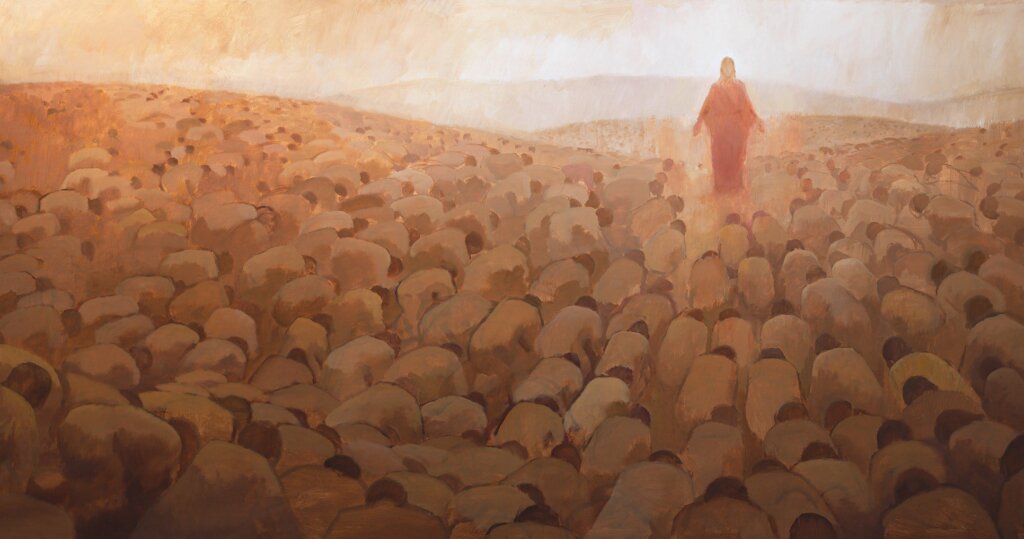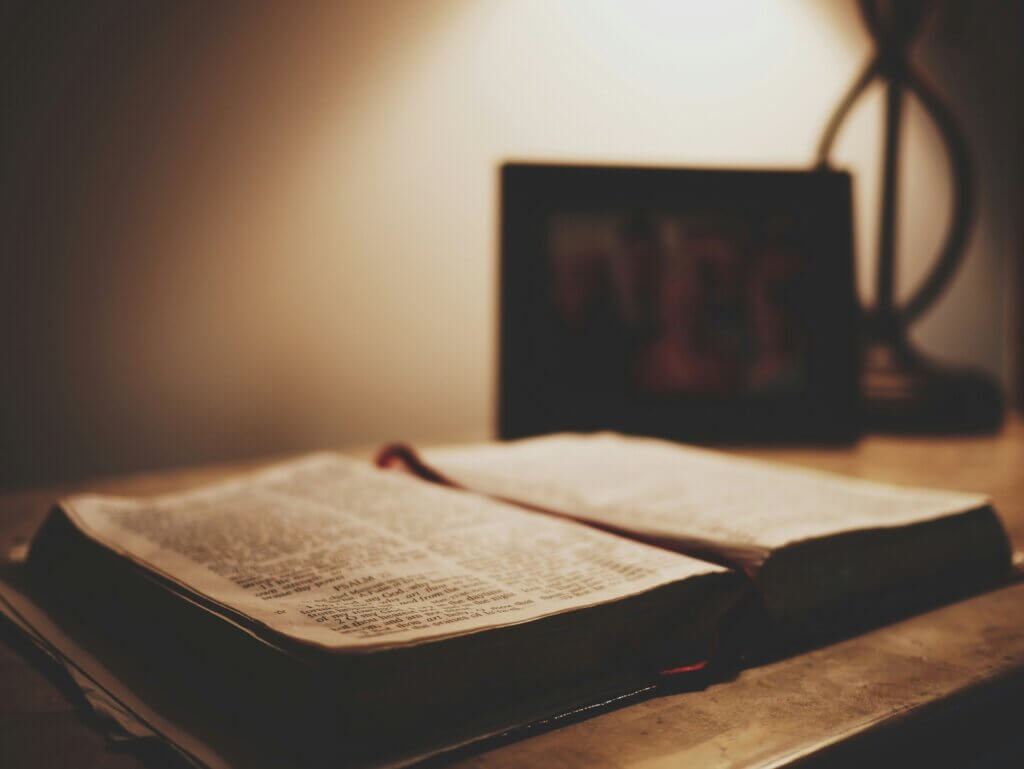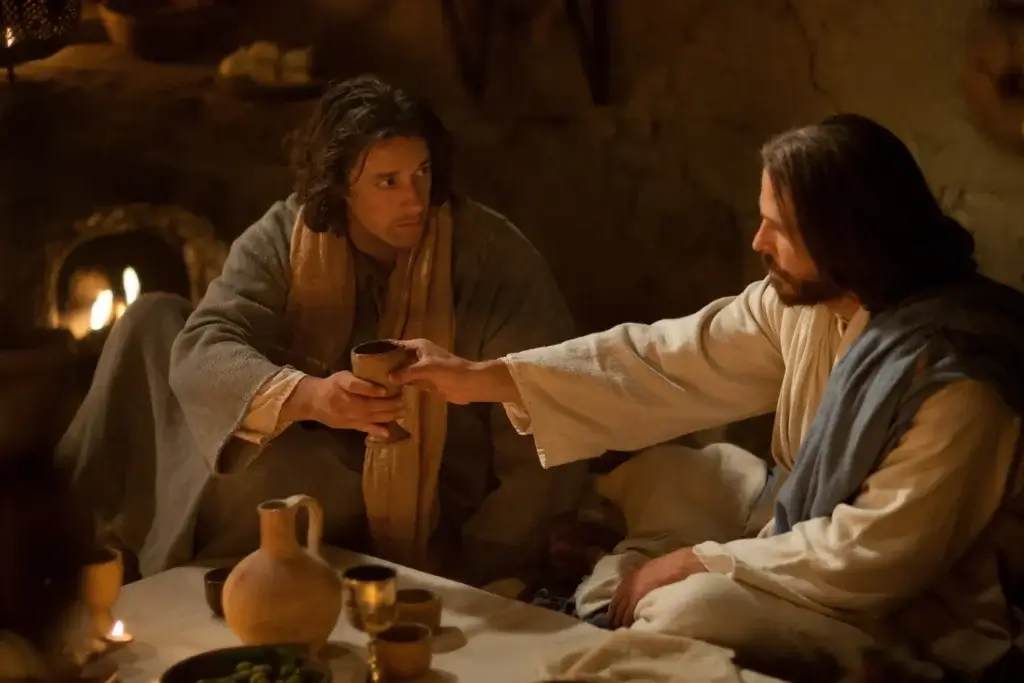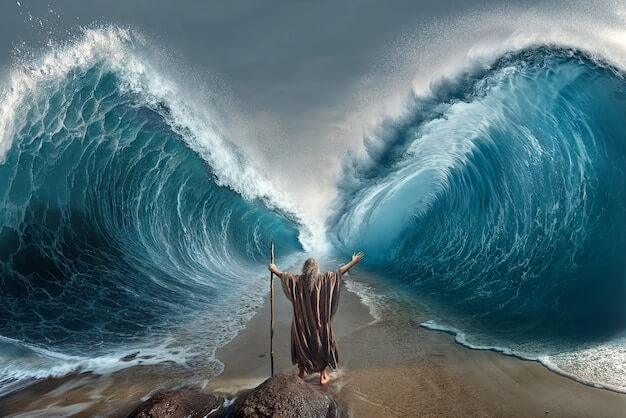Most Correct Book?

Joseph Smith’s boldly declaring the Book of Mormon “the most correct of any book on earth” (TPJS, 194) invites serious scrutiny. Apart from the fact that millions of people have received a spiritual testimony of its truthfulness by the power of the Holy Ghost, others have searched and additionally gained an intellectual testimony. That “a man would get nearer to God by abiding by its precepts, than by any other book” (ibid.) has also proven true, as many Latter-day Saints who have done so have come to know God personally or in person.
These things don’t automatically mean, however, that any church that espouses the Book of Mormon is on the correct path that it teaches. In order for that to be true, such a church would itself have to abide by its precepts. The Book of Mormon, for example, illustrates the spiritual standard the Nephite church maintained. Members of the church who had transgressed but “would not confess their sins and repent of their iniquity, the same were not numbered among the people of the church, and their names were blotted out” (Mosiah 26:25–36).
Later—before mass destructions that ended with Jesus’ coming—the Nephite church disintegrated from within and broke up as people wilfully rebelled against God. Those who had been high priests and lawyers—the wealthy and learned—united with political authorities and formed a secret combination. Covenanting to destroy the people of God and overthrow the liberty of the land, they persecuted and secretly put to death those who testified of the truth (3 Nephi 6:10–30). Is that what Moroni warned us “shall be among you” (Ether 8:24)?
For the Book of Mormon to be “the keystone of our religion” (TPJS, 194), moreover, a church claiming this would not be “teaching for doctrine the precepts of men” (Matthew 15:7–9) as Nephi saw in vision that we would do (2 Nephi 28:14, 26, 31). If the Book of Mormon was indeed the “keystone of our religion,” so would be the Book of Isaiah. As the keystone of Nephite religion, it informed Nephite prophets of much of their scriptural understanding. We observe their reliance on Isaiah in the countless concepts and prophecies they teach.
The third of the Book of Isaiah quoted in the Book of Mormon consists particularly of those things that its prophets saw in vision most pertained to the end-time Ephraimite Gentiles. That being so, how can a church that espouses the Book of Mormon be so ignorant of the end-time events Isaiah and Book of Mormon prophets predict? Why are members virtually uninformed of Isaiah’s prophesying a repeat of major events from Israel’s past? Or of Book of Mormon prophets’ taking their cue from Isaiah and following his formula of prophesying?
Choosing less than a hundredth part of their scriptural history, its prophets wrote only those things that most typified the end-time, which they had seen in vision. Scriptural patterns in the Book of Mormon, such as an exodus pattern and war pattern, typify the new exodus and a war to end all wars that Isaiah predicts. As in the prophecies of Isaiah, names of ancient nations, persons, and places serve as codenames of end-time ones. From Isaiah and Book of Mormon prophets, in other words, we have received a typological blueprint of our time.
The Book of Mormon’s typological nature thus forms an integral part of this “correct” book. Through its prophets’ ingenuity, God prepared a way for us to wade unperturbed through present-day perils. An intellectual testimony of the Book of Mormon, therefore, must extend beyond its classic Hebraisms, intrinsic word links, multiple chiastic patterns, and Davidic Covenant theology young Joseph Smith had no idea existed. In that case, does a spiritual testimony of the Book of Mormon suffice without also seeing how fully it relates to the present?
